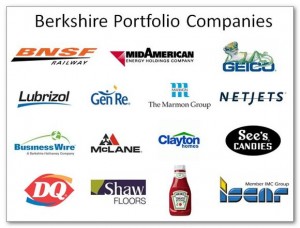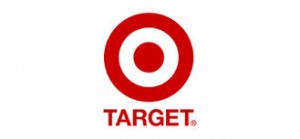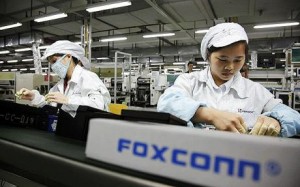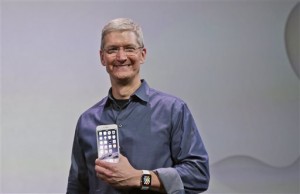Question: If the United Nations was fully funded why would we need the Arc or social enterprise”?
Even if the United Nations (UN) was a fully funded organization, social enterprises like the Arc initiative would still be a vital part of the business landscape. The reason being is that the UN’s focus is predominately on encouraging international diplomacy and therefore requires any initiative to clear a mass of bureaucratic red tape before any boots can touch the ground and any real work can truly be done. However, initiatives and social ventures such as the Arc initiative are not bound by the same international regulations and can quickly get on the ground and start doing their work without the major bureaucratic hassle.
Social enterprises are also far more effective at organizing resources then the UN. Seeing as the UN relies heavily on the donations of financial capital and equipment from its member countries it can be very difficult for the UN to quickly mobilize and carry out an initiative. Social enterprises however have to be, for the most part, completely independent in terms of the money they spend and the equipment they use, therefore they can organize the various factors of their service quickly and effectively. Looking at the scale of most social ventures in comparison to the initiatives undertaken by the UN you can see that the UN focuses on national issues which require more moving parts and therefore take more time, energy, and money to organize then the smaller, local initiatives taken on by social enterprises.
It is because of these three key reasons that social enterprises, regardless of if the UN was fully funded or not, remain an important part of the social business landscape and are very effective at filling in the gaps overlooked by the United Nations.









